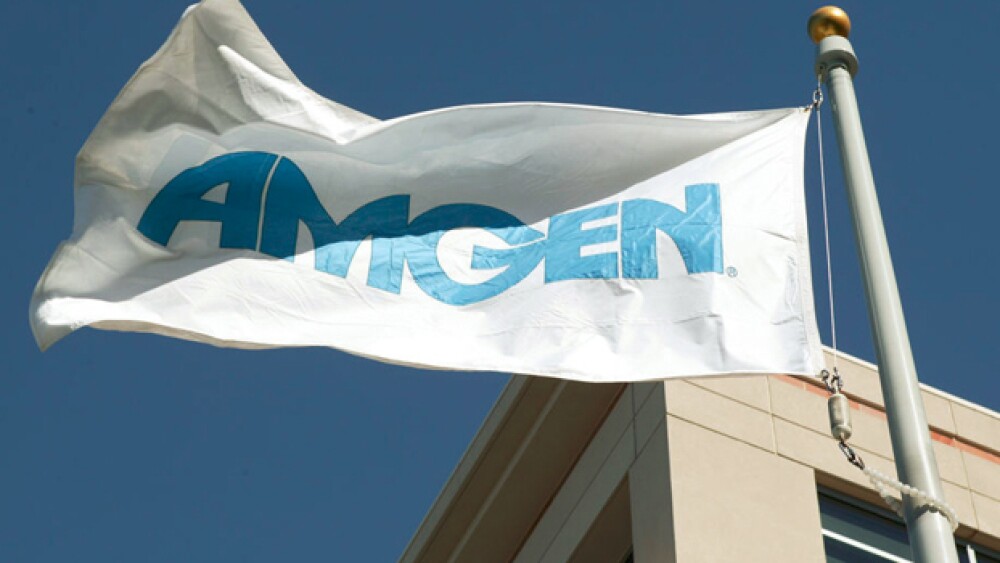Amgen inherited the drug after acquiring Dezima Pharma in a $1.2 billion deal in 2015.
In 2015, P.K. Shah, director of atherosclerosis research at Cedars-Sinai Heart Center in Los Angeles, declared that CETP inhibitors were “dead” as legitimate drug targets. Shah said CETP inhibitors are a cardiologist’s dream that has not come true.
Fast forward to today and it seems that Amgen may finally be in agreement with Shah’s statement. In its Third-quarterly report, Amgen announced it has scrapped internal development of AMG 899, an oral CETP inhibitor it acquired in the $1.2 billion deal for Netherlands-based Dezima Pharma BV. Amgen finally pulled the plug more than a year after it had suspended development of the CETP product. This morning, Amgen provided no details in its report as to what prompted the final decision to terminate the program, but that result further realizes Shah’s prediction.
Amgen’s decision may have been linked to rival Merck’s decision earlier this month to not submit regulatory filings for its cholesterol drug anacetrapib. In August, the company announced overall positive results for a four-year clinical trial of CETP drug anacetrapib. At the same time though, the company said the drug appeared to accumulate in fat tissue after extended dosing, which could hinder efficacy or create some unwanted adverse effects.
At the time of Amgen’s 2015 acquisition of Dezima, analysts were already questioning if the cardiac drug was worth the cost. Two days after Amgen acquired AMG 899, Eli Lilly scrapped its Phase III CETP program that was testing if evacetrapib was a suitable treatment for high-risk atherosclerotic cardiovascular disease. Lilly pulled the plug on the CETP program following the recommendation of an independent data monitoring committee that said there was a “low probability” the study would achieve its primary endpoint based on results to date. CETP is a “cholesteryl ester transfer protein” which transfers cholesterol from HDL to VLDL
Shah made the comment that CETP inhibitors were dead in an interview with Reuters following Lilly’s decision. Now with Amgen and Merck pulling out of the CETP development, it seems that the once-great hope for cholesterol treatment is, as Shah said, dead.
Merck and Amgen are the two latest companies in a line who have shuttered their programming. In 2006, Pfizer terminated its trials for torcetrapib over safety concerns and in 2012, Roche discontinued studies of dalcetrapib for efficacy. Despite Roche’s failure, London-based DalCor is testing dalcetrapib in a subset of patients with a certain genotype, Endpoints News noted.
Although AMG 899 is closed, Amgen still has other cholesterol treatments in its arsenal, such as Repatha, its PCSK9 drug. In its Q3 report, Amgen said Repatha sales increased “riven by higher unit demand.” And Repatha could continue to drive revenue. A Phase III study of Repatha on top of “maximally tolerated statin therapy in type 2 diabetic patients with hypercholesterolemia” met its co-primary endpoints of the percent reduction from baseline in LDL-C at week 12, and the mean percent reduction from baseline in LDL-C at weeks 10 and 12, with no new safety findings, Amgen reported. Amgen filed a supplemental Biologics License Application (sBLA) to include risk reduction of major cardiovascular events based on data from the large Repatha cardiovascular outcomes study. The U.S. Food and Drug Administration has set a Prescription Drug User Fee Act (PDUFA) target action date of Dec. 2, 2017.





